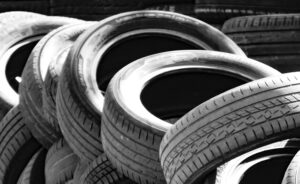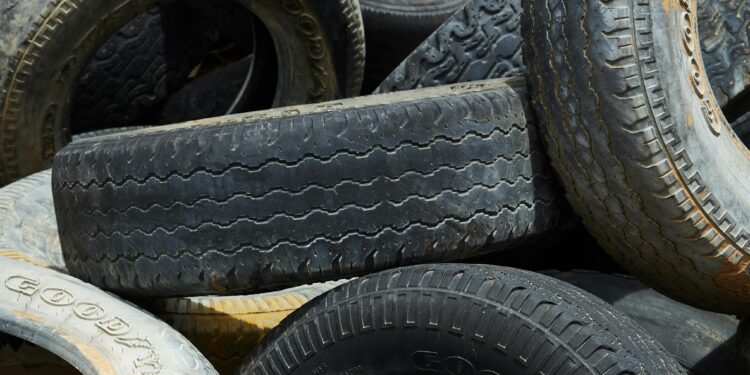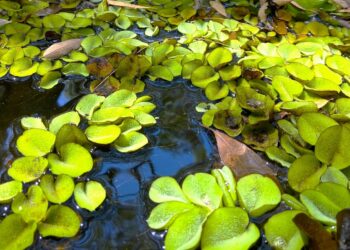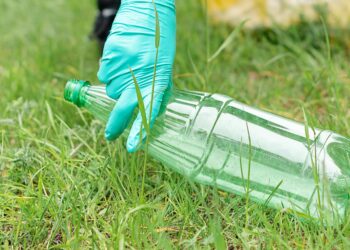January often marks the time for a good old cleanup around the house.
Whether you’re attacking the garden or that hoarder’s paradise known as the back shed, Redland City Council would like to remind you to dispose of your unwanted items correctly.
Mayor Jos Mitchell said the correct thing to do was to separate your waste into the right kerbside bins or dispose of your waste at one of the city’s eight recycling and waste centres, which residents can access free of charge.
“Unfortunately, not everyone does the right thing and Council has to spend thousands of ratepayer dollars each year to clean up illegally dumped waste,” the Mayor said.
“In some cases, Council then has to repair natural areas and infrastructure damaged by the dumping.”
Council actively monitors areas for illegal waste dumping. Any evidence gathered may be used to commence enforcement action.
Since 1 July 2024 to 31 December 24, Council has received 197 complaints of littering and illegal dumping.
Offences can result in fines of between $322 and $12,097. Serious offences may result in court prosecution, higher penalties (up to $161,300 for an individual; up to $806,500 for a corporation) and a conviction recorded against the offender.
The Mayor said one of the common types of illegally dumped waste was green waste.
Mainland residents who find they have excess green waste can order a green waste bin from Council by phoning 3829 8999 or you can order online.
“Illegal dumping, including green waste, can have a serious environmental impact by spreading pests and weeds; blocking stormwater drains and natural water courses; and creating breeding grounds for flies, mosquitoes and rats,” the Mayor said.
To report illegal dumping, phone Council on 3829 8999, or report it via the Queensland Government’s Department of Environment and Science online Illegal Dumping Reporting form.
For more information on waste and recycling go to Council’s website: redland.qld.gov.au

Environmental damage that illegal dumping can lead to:
- Introduction of pest plants that can out-compete native plant species
- Infestation, contamination and blocking of watercourses
- Introduction of pest animals or diseases into new areas, such as fire ants and myrtle rust
- Blocking of forest tracks and fire trails in natural areas, risking the lives of firefighters and the public
- An increase in bush fire fuel loads or ignition sources
- Attracting wildlife to roadsides to feed on organic waste, and increasing the likelihood they will be hit by cars.









